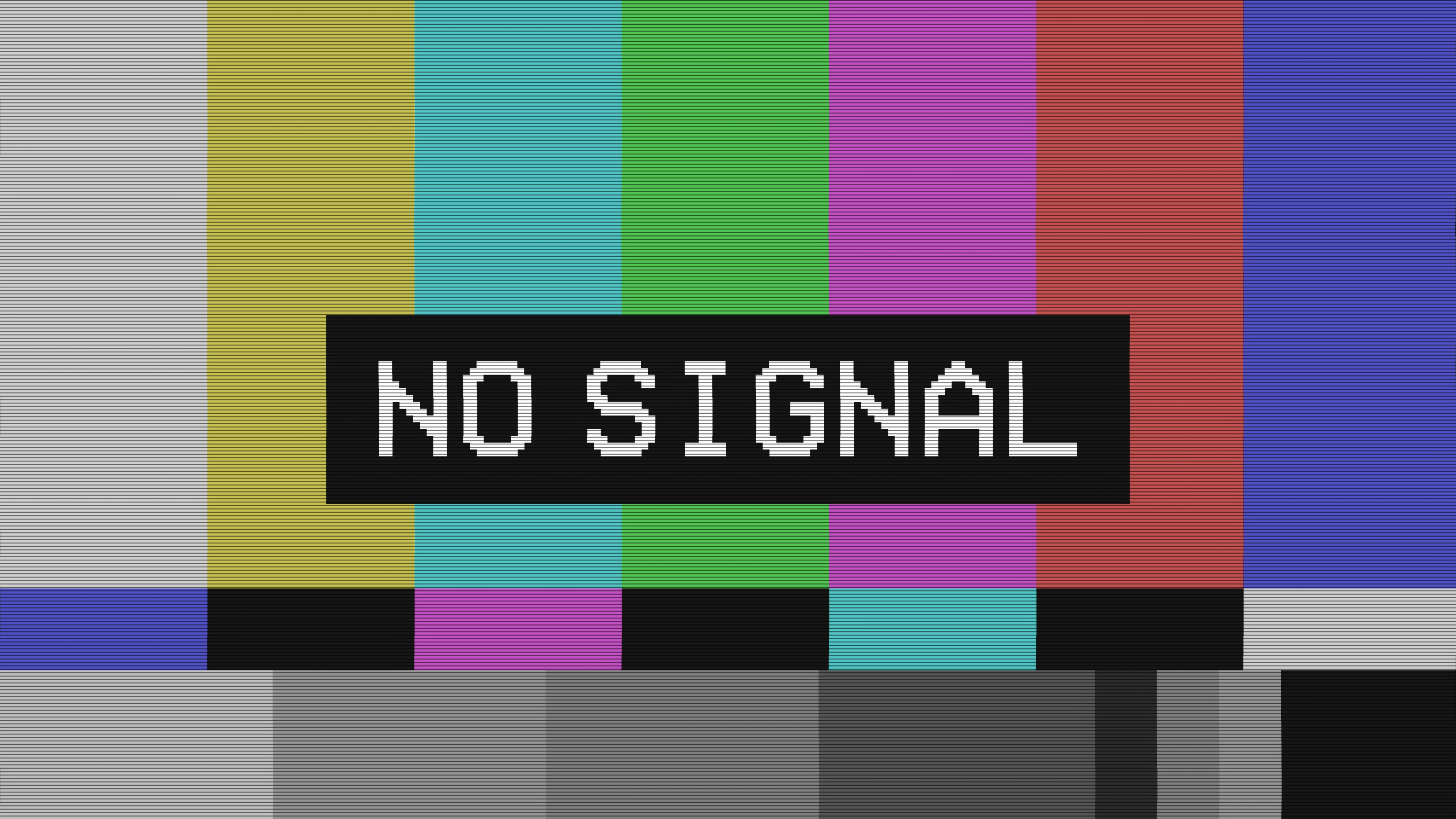Republican takeover could increase DTV pressure on broadcasters
John McCain is back. The feisty, independent Republican senator from Arizona is expected to become the new chairman of the Senate Commerce Committee and the main overseer of matters involving digital television. That could mean trouble for broadcasters who are still dragging their feet over the slow moving transition to DTV operation.
With last week’s elections favoring Republicans, Sen. Ernest F. Hollings, the Democrat from South Carolina, loses his Commerce Committee chairmanship. During his tenure, Hollings has mainly focused on the interests of Hollywood content producers, igniting the protests of computer users for introducing legislation that would implant copy-protection technology into all personal computers. Although openly critical of broadcasters for breaking their promises to Congress on DTV, Hollings has done little to penalize station owners for their lack of performance.
McCain, a tough critic of broadcasters, may not be so hands off. “Chairman McCain is very knowledgeable, very strong and also very independent,” said Gary Shapiro, president and CEO of the Consumer Electronics Association. “McCain is one who has a strong opinion about broadcasters giving back their spectrum--in fact, he thinks they should have paid for their spectrum. I think you can expect more pressure on broadcasters to perform coming from the Senate.”
Shapiro predicts some kind of legislation on high definition television coming out of Congress next year. On the front burner issue of copyright protection, he’s not sure much was changed by the election.
“It has not been a particularly partisan issue,” Shapiro said, “though the Democrats have had a natural affinity to Hollywood and the recording industry because there’s so much money in the content industry that goes to the Democrats.”
Another area to watch is a possible shake-up over spectrum policy, a pet issue of FCC Chairman Michael Powell, and a close ally of McCain. “Spectrum will be an issue,” Shapiro said. “Everyone agrees that unlicensed spectrum is a good thing and we’d like to see more of it.
But that requires action by Congress and I don’t really know what will happen.”
The professional video industry's #1 source for news, trends and product and tech information. Sign up below.
Fewer changes are expected in the House of Representatives, since the Republicans already controlled that legislative body.
As a clue to how the election might affect the interests of the overall high-tech community, Republicans tended to vote more for the industry’s interests than Democrats, a recent analysis found. In a Congressional scorecard compiled last month by the Information Technology Industry Council, it was found that Senate Republicans voted in accordance with the tech industry's views 84 percent of the time, compared with 65 percent for Democrats. On the House side, Democrats received a collective score of 43 percent, with Republicans having an 89 percent total score.
For more information visit www.house.gov and http://thomas.loc.gov.
